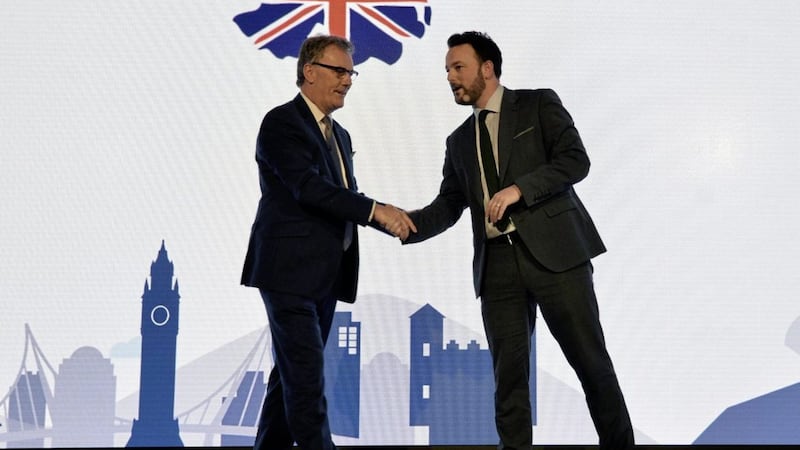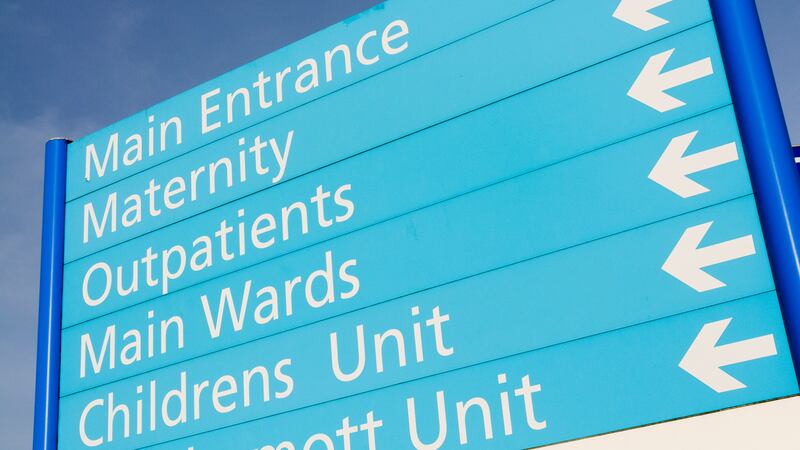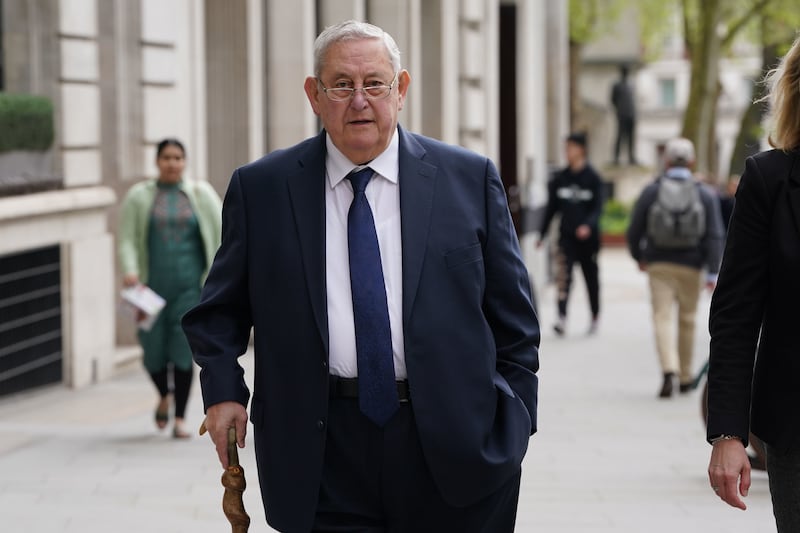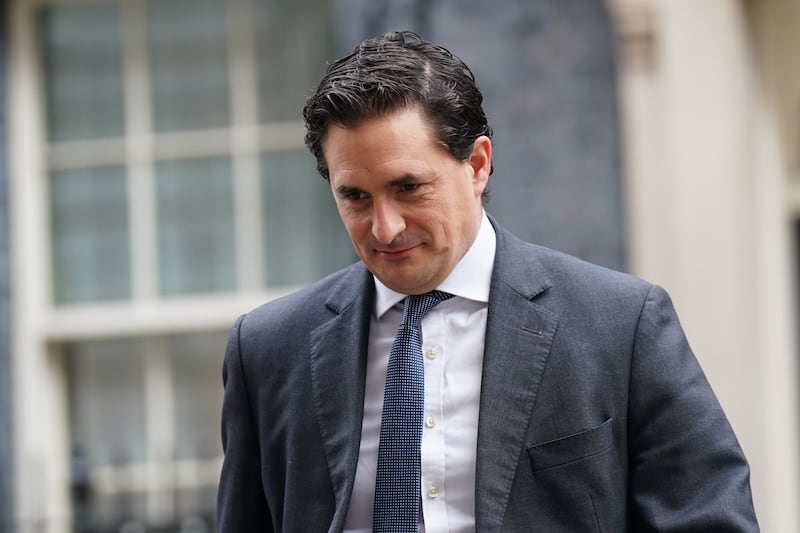THE prospect of an assembly election leaves plans for an investigation into the Renewable Heat Incentive scandal in tatters, it has been claimed.
Martin McGuinness’s resignation as Deputy First Minister means it is unlikely any kind of probe will take place ahead of voters going to the ballot box.
DUP leader Arlene Foster indicated on Friday that agreement could be reached with Sinn Féin on an independent, judge-led investigation, although other parties have demanded that a full public inquiry be held.
With deep divisions exposed on Monday between the Executive parties, it is not clear when an investigation will now be held.
Ulster Unionist leader Mike Nesbitt claimed Sinn Féin had put their own “self interest” above uncovering the truth behind the debacle.
He also said there was now no opportunity for emergency legislation to be put before the assembly that could limit future payments to RHI claimants - currently set to cost up to £490m over 20 years.
DUP economy minister Simon Hamilton and finance minister Mairtin O Muilleoir had clashed last week over proposals to introduce cost controls.
SDLP leader Colum Eastwood said an election would allow those behind the RHI fiasco to “enjoy a two-month break from any effective public inquiry or police investigation”.
He insisted a full public inquiry would be the SDLP’s first priority “on day one of a new mandate”.
An election also means a Sinn Féin motion attempting to remove the DUP's Robin Newton from the post of speaker will now not be heard.
Meanwhile, a lack of united representation during the British government’s Brexit negotiations could have dire consequences for the north’s economic stability, it has been warned.
It is expected that Prime Minister Theresa May will trigger Article 50 – which will begin the two-year process of the UK leaving the European Union – in March, when parties are likely to be involved in an assembly election.
Angela McGowan, director of CBI Northern Ireland, said “there has seldom been a more important time for all our citizens to have a strong well-functioning Executive”.
“Northern Ireland urgently requires strong leadership and representation as the UK negotiates its future relationship with the European Union.
“It is vital that our collective voice is heard during this crucial period to achieve the best possible outcome for all of our citizens.”








